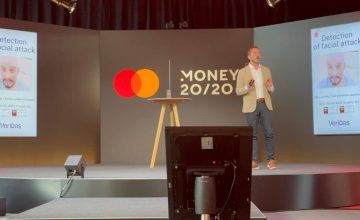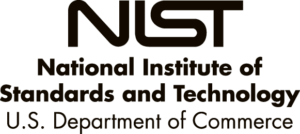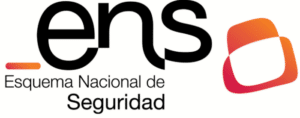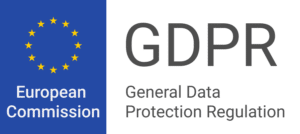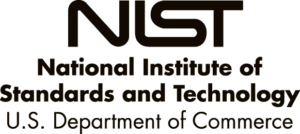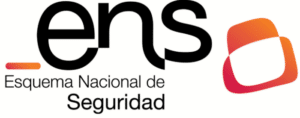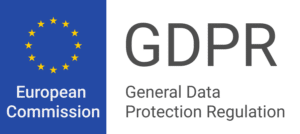We had the pleasure of hosting an event that delved into the ever-evolving landscape of fraud prevention and detection in the digital era and aimed to shed light on the pressing issues surrounding fraud, identity, and AI.
During the event, Jorij Abraham, Managing Director of Global Anti-Scam Alliance, brought insights and expertise, contributing to a comprehensive discussion on the challenges and opportunities in combating fraud.
He commenced by unveiling alarming statistics regarding fraud. Global scam-induced loss totaling $1.026 trillion, equivalent to 1.05% of the global GDP. 25.5% of the global population succumbed to fraudulent schemes, with a mere 7% of these incidents reported. These statistics underscored the gravity of the situation at hand and the urgent need for unified and decisive action.
Fraud accounted for a remarkable 41% of all reported crimes in the United Kingdom, drawing attention to its prevalence. Despite this alarming statistic, only a mere 2.5% of these cases are prosecuted, reflecting the challenges associated with prosecuting cross-border crimes.
The Role of Biometrics in the Age of Deepfakes
In the era of rapidly advancing technology, the emergence of deepfakes has cast a shadow of doubt over our ability to discern reality from fiction. The coexistence of traditional fraud models alongside the threat of deepfakes highlights the need for a comprehensive approach to security and authenticity in the digital age.
Recent advancements in biometric solutions for remote identity verification are crucial in combating deepfakes. At last Tuesday’s event, we explored the following questions: How do these new solutions contribute to fighting deepfake fraud? Can they effectively deter the spread of deepfakes? These inquiries are vital as we adapt to the evolving landscape of fraud prevention and digital identity protection.
AI has already proven its effectiveness in addressing the challenges posed by deepfakes. Properly trained AI solutions actively contribute to detecting and mitigating deceptive content.
During the panel discussion, there was a consensus on the critical importance of addressing ethics and biases in AI solutions.The need for rigorous checks and balances to ensure that AI systems are not only effective in combating deepfakes but also fair and unbiased. This emphasis on ethical considerations underscored the broader commitment to responsible and transparent use of AI technologies in the fight against deceptive content.
The conversation continued to discuss the impact of fraud and online scams. The audience raised questions about who is behind these fraudulent activities. Abraham explained that in different countries, various forms of fraud exist, and due to low prosecution rates, organized crime often orchestrates many fraud rings. Additionally, in many countries, the perpetrators of fraud are victims themselves of human trafficking. Fighting fraud holds significant importance, especially for people from third-world countries who are more vulnerable to being coerced into running scams.
Ahead of the Curve
As the discussion progressed, the panel emphasized the importance of balancing customer experience with fraud prevention, introducing the concept of “friendly friction.” In some customer journeys, the customers would appreciate some extra friction if they feel more secure and it can protect them from fraud. The panel suggested that when designing a journey, start with the best customer journey and then consider potential risks of abuse to this journey and add the countermeasures even if they add some friction. Finally, additional security measures were suggested to safeguard customers and the business.
While companies should think about their customers and how to reduce the risk of identity theft and fraud, the panel also discussed the importance of educating consumers. The first advice was to Stop and Think. The second was that if it looks too good to be true, it probably is.
Like any good conversation we got a recommendation from the audience on a show that described the different ways online fraud is committed and how they are stealing and using stolen identities. Check out the BBC series called Scam Inspector
Veridas, a safe bet against fraud
Veridas’ mission extends beyond thwarting unauthorized access; it ensures a seamless and secure verification process for legitimate users.
At the core of Veridas’ strategy lies a sophisticated suite of identity verification solutions powered by cutting-edge AI and machine learning technologies. These tools are not mere digital gatekeepers; they are the architects of trust in an online world fraught with uncertainty. By harnessing the power of biometrics, Veridas ensures that each interaction, each transaction, is anchored in verifiable truth.
The company’s commitment to security is not just a promise; it’s a proven track record of innovation and vigilance. Veridas has secured its position as a leader in fraud prevention through rigorous testing and certification by esteemed institutions. The iBeta Presentation Attack Detection (PAD) and NIST PAD certifications are not just accolades; they are testaments to Veridas’ unwavering ability to detect and deter fraudulent activities. These certifications are the gold standard, affirming that these AI-powered systems can withstand the cunningest of fraud attempts.





